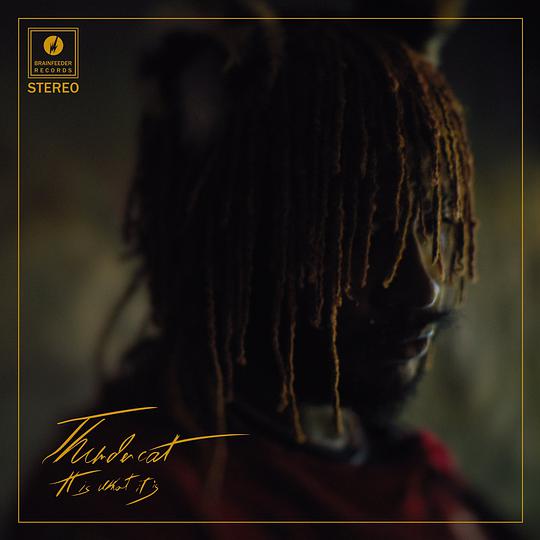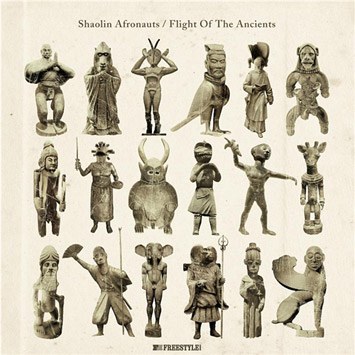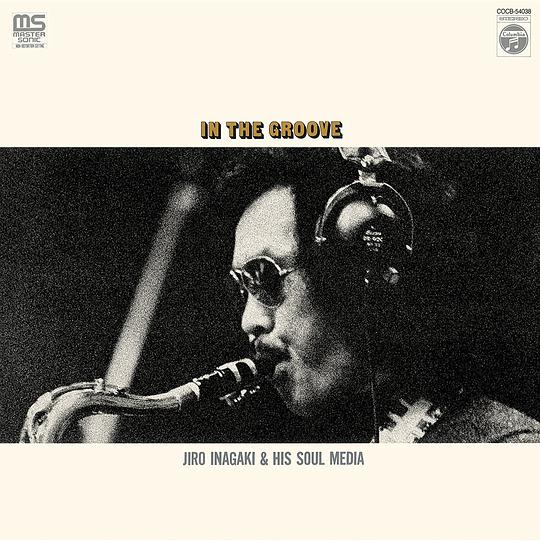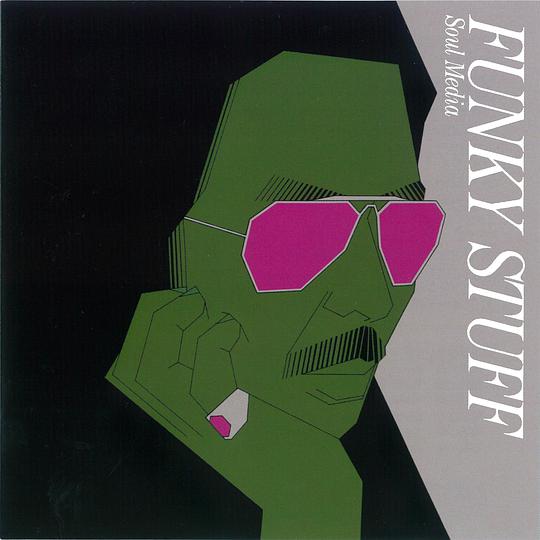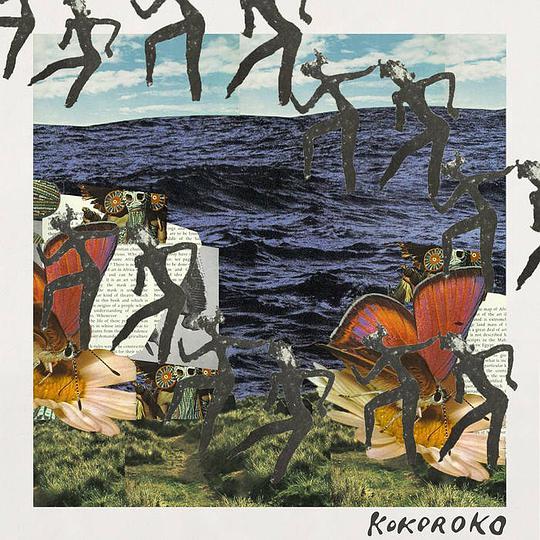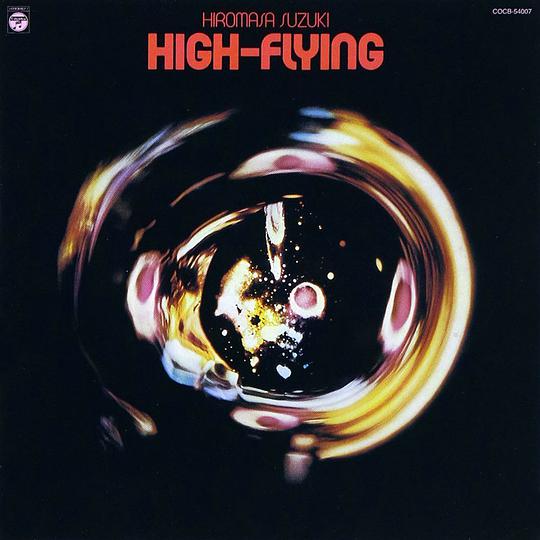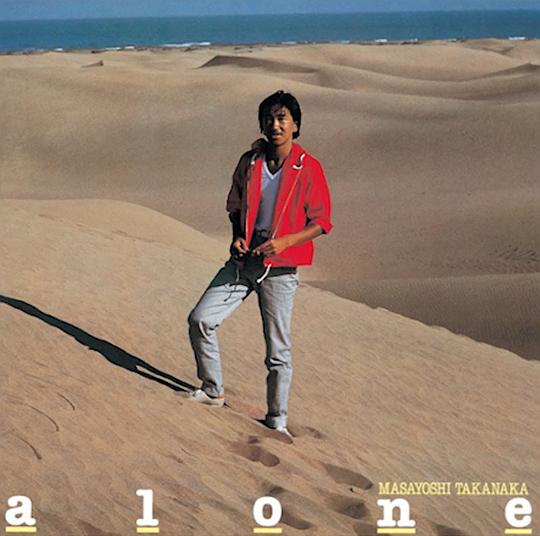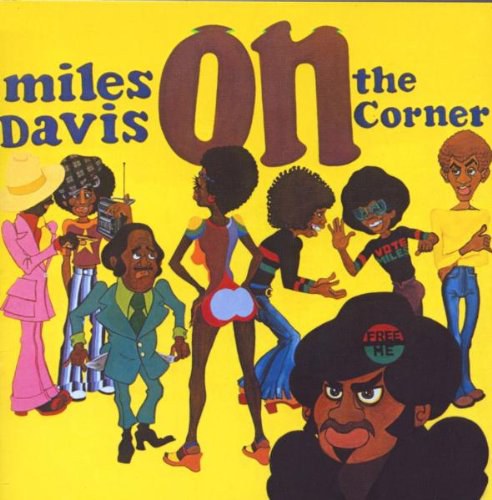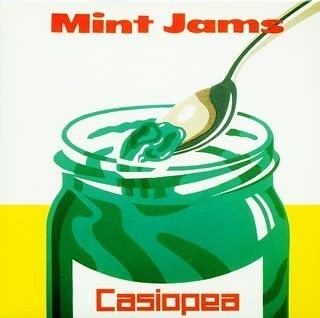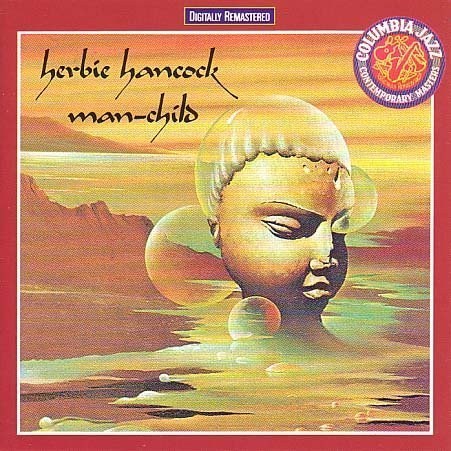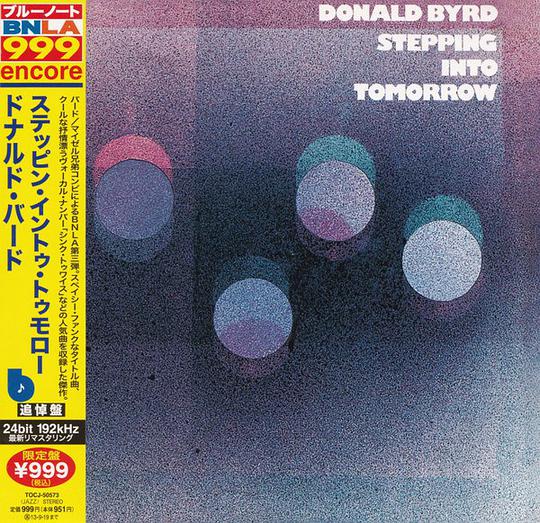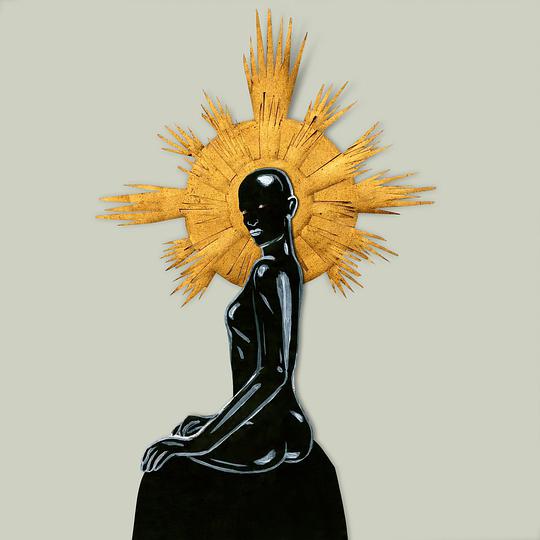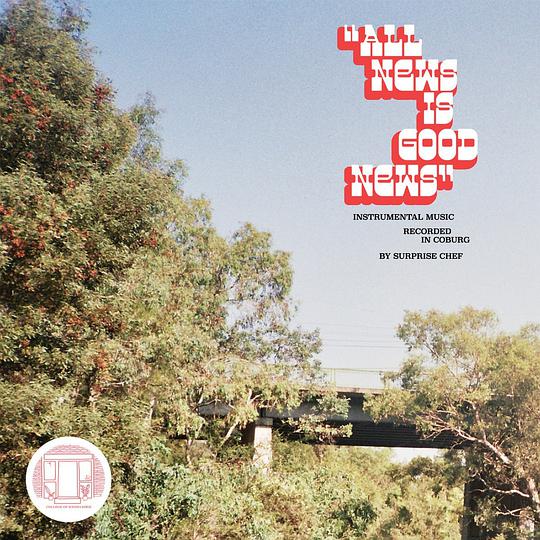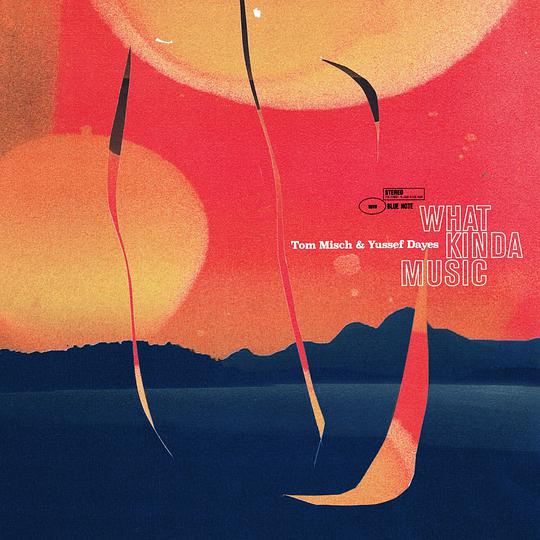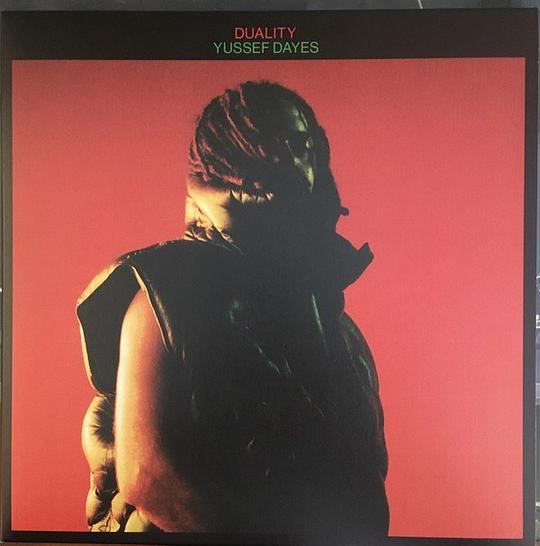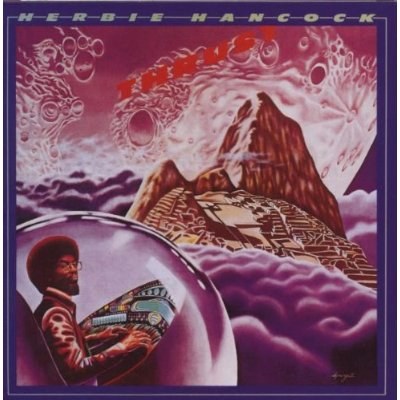It Is What It Is 豆瓣
7.5 (26 个评分)
Thundercat
类型:
放克/灵歌/R&B
发布日期 2020年4月3日
出版发行:
Brainfeeder
The album, produced by Flying Lotus and Thundercat, features musical contributions from Ty Dolla $ign, Childish Gambino, Lil B, Kamasi Washington, Steve Lacy, Steve Arrington, BADBADNOTGOOD, Louis Cole and Zack Fox.
“It Is What It Is” follows his game-changing third album “Drunk” (2017). That record completed his transition from virtuoso bassist to bonafide star and cemented his reputation as a unique voice that transcends genre. “This album is about love, loss, life and the ups and downs that come with that,” Bruner says about “It Is What It Is”. “It’s a bit tongue-in-cheek, but at different points in life you come across places that you don’t necessarily understand… some things just aren’t meant to be understood.”
The unruly bounce of new single ‘Black Qualls’ is classic Thundercat, teaming up with Steve Lacy (The Internet) and Funk icon Steve Arrington (Slave). It’s another example of Stephen Lee Bruner’s desire to highlight the lineage of his music and pay his respects to the musicians who inspired him. Discovering Arrington’s output in his late teens, Bruner says he fell in love with his music immediately: “The tone of the bass, the way his stuff feels and moves, it resonated through my whole body.”
‘Black Qualls’ emerged from writing sessions with Lacy, whom Thundercat describes as “the physical incarnate of the Ohio Players in one person - he genuinely is a funky ass dude”. It references what it means to be a black American with a young mindset: “What it feels like to be in this position right now… the weird ins and outs, we’re talking about those feelings… Part of me knew this [track] was where Steve [Arrington] left us.”
Thundercat forms a cornerstone of the Brainfeeder label; he released “Golden Age of Apocalypse” (2011), “Apocalypse” (2013), followed by EP “The Beyond / Where The Giants Roam” featuring the modern classic ‘Them Changes’. He was later “at the creative epicenter” of the 21st century’s most influential hip-hop album Kendrick Lamar’s “To Pimp A Butterfly”, where he won a Grammy for his collaboration on the track ‘These Walls’ before releasing his game-changing third album “Drunk” in 2017. In 2018 Thundercat and Flying Lotus composed an original score for an episode of Golden Globe and Emmy award winning TV series “Atlanta” (created and written by Donald Glover).
Album photography by Eddie Alcazar.
“It Is What It Is” follows his game-changing third album “Drunk” (2017). That record completed his transition from virtuoso bassist to bonafide star and cemented his reputation as a unique voice that transcends genre. “This album is about love, loss, life and the ups and downs that come with that,” Bruner says about “It Is What It Is”. “It’s a bit tongue-in-cheek, but at different points in life you come across places that you don’t necessarily understand… some things just aren’t meant to be understood.”
The unruly bounce of new single ‘Black Qualls’ is classic Thundercat, teaming up with Steve Lacy (The Internet) and Funk icon Steve Arrington (Slave). It’s another example of Stephen Lee Bruner’s desire to highlight the lineage of his music and pay his respects to the musicians who inspired him. Discovering Arrington’s output in his late teens, Bruner says he fell in love with his music immediately: “The tone of the bass, the way his stuff feels and moves, it resonated through my whole body.”
‘Black Qualls’ emerged from writing sessions with Lacy, whom Thundercat describes as “the physical incarnate of the Ohio Players in one person - he genuinely is a funky ass dude”. It references what it means to be a black American with a young mindset: “What it feels like to be in this position right now… the weird ins and outs, we’re talking about those feelings… Part of me knew this [track] was where Steve [Arrington] left us.”
Thundercat forms a cornerstone of the Brainfeeder label; he released “Golden Age of Apocalypse” (2011), “Apocalypse” (2013), followed by EP “The Beyond / Where The Giants Roam” featuring the modern classic ‘Them Changes’. He was later “at the creative epicenter” of the 21st century’s most influential hip-hop album Kendrick Lamar’s “To Pimp A Butterfly”, where he won a Grammy for his collaboration on the track ‘These Walls’ before releasing his game-changing third album “Drunk” in 2017. In 2018 Thundercat and Flying Lotus composed an original score for an episode of Golden Globe and Emmy award winning TV series “Atlanta” (created and written by Donald Glover).
Album photography by Eddie Alcazar.
